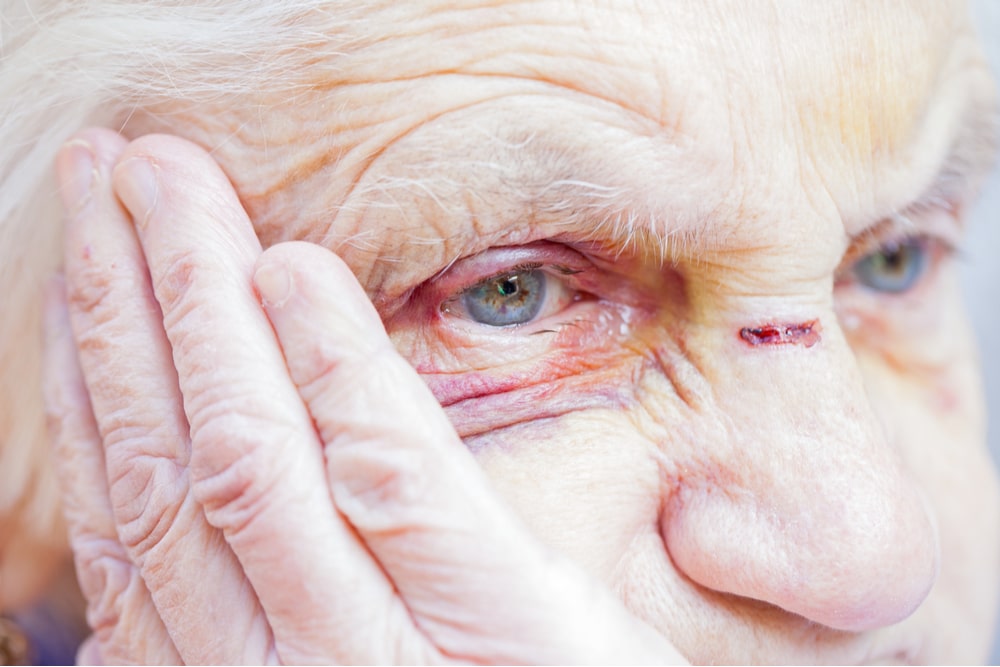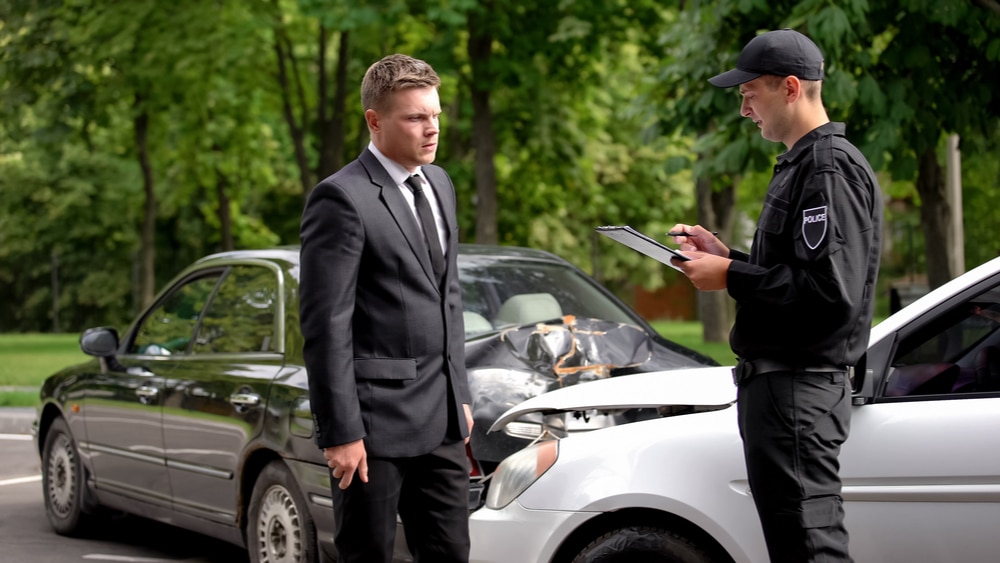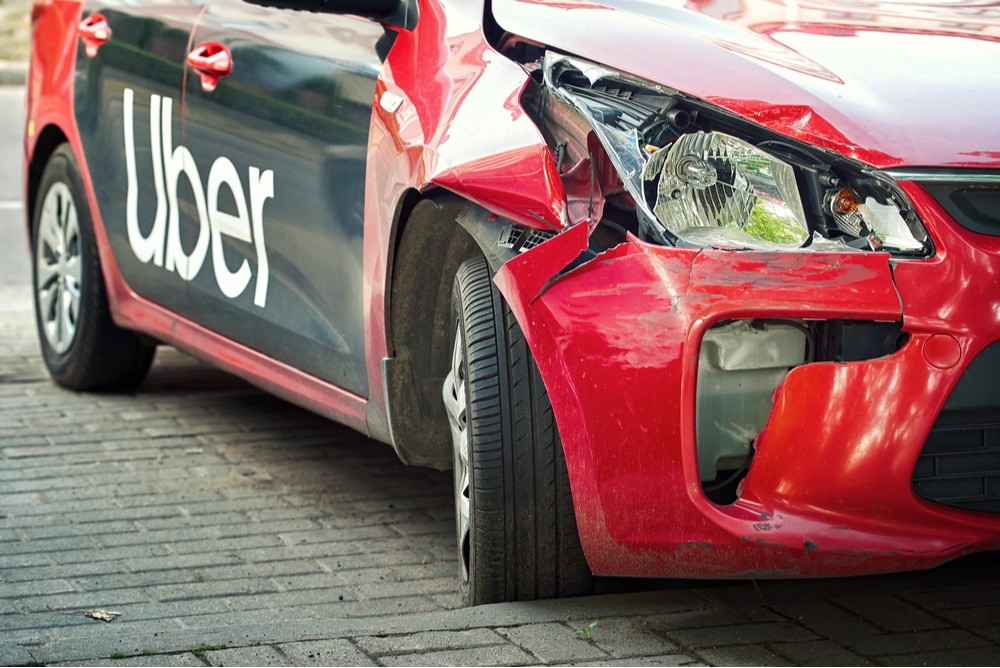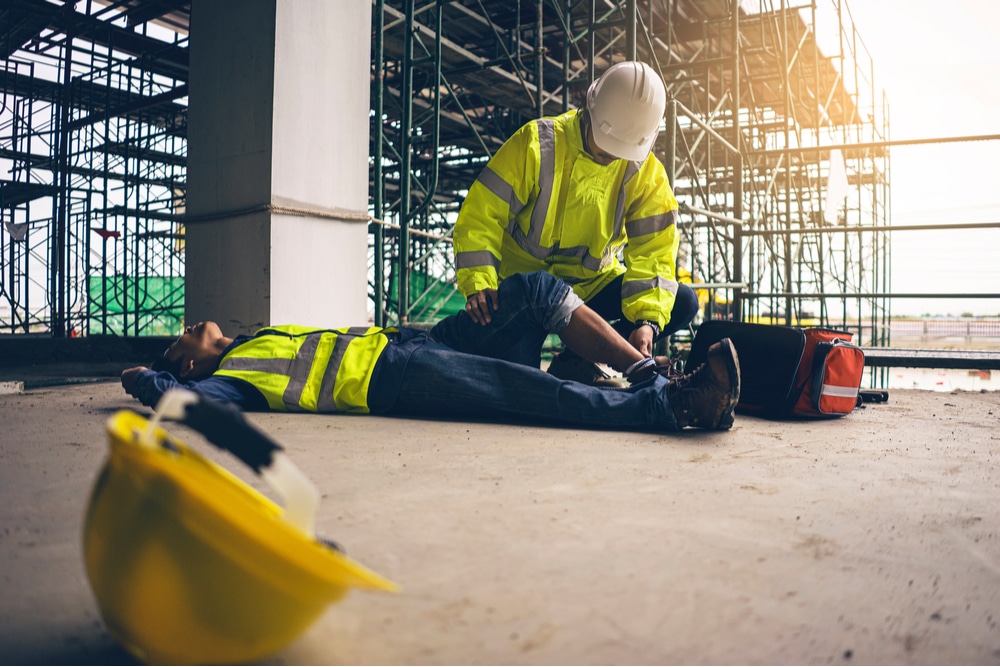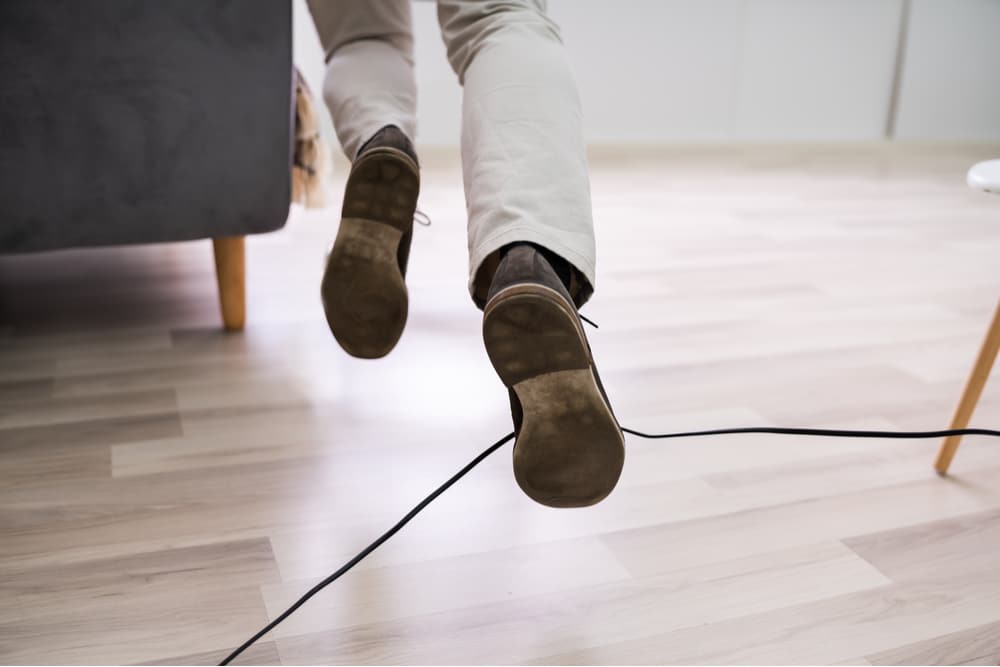No one plans on getting injured. Even someone who maintains insurance doesn’t ever think that they’ll need to file a claim–and certainly not for anything serious. Yet injuries and accidents happen when we least expect them to and can impact even the safest amongst us. If you have been seriously injured in Illinois and someone else’s negligence caused or contributed to your injuries, you have the legal right to make a personal injury claim.
While a personal injury claim can result in monetary compensation, the claims process can be complicated and overwhelming when approached on one’s own. At the office of Claim Your Justice, our personal injury lawyers in Schaumburg can help you to navigate the claims process, understand personal injury laws, and get the compensation award that you deserve. If you’ve been injured, please call us directly to recover the money you deserve.
What Is a Personal Injury Case?
A personal injury case is a type of civil action wherein a plaintiff–the injured party–files a claim for monetary damages against the defendant–the at-fault party. The claim alleges that the defendant caused the plaintiff harm and therefore should be held liable for the losses the plaintiff has suffered.
Are a Personal Injury Case and a Criminal Case Related?
In some situations–for example, in the case of assault or drunk driving–the defendant may face both civil and criminal charges for their actions. However, while a defendant may face charges in both court systems, civil and criminal cases are completely unrelated and the outcome of one will generally not impact the outcome of another. What’s more, the burden of proof in each type of case is different. In a criminal case, the defendant’s guilt must be proved beyond a reasonable doubt; in a civil case, the burden of proof is by a preponderance of the evidence.
The Elements of a Personal Injury Claim
A personal injury claim has four elements. The plaintiff in the case is responsible for presenting evidence to satisfy each of the four elements; if even one of the elements cannot be proved, then the case lacks teeth and the defendant will not be held liable.
- Duty of care. The first element that the plaintiff must establish is duty of care–that the defendant owed the plaintiff some sort of duty. In many cases, duty of care is implied. For example, all drivers on the road owe a basic duty to others to operate their vehicles lawfully and reasonably. In other cases, though, duty of care must be established. For example, in a premises liability case, the plaintiff may need to establish that they were on the defendant’s property lawfully, and as such, the defendant owed them a duty to maintain the property in a reasonably safe condition.
- Breach of duty of care. The second element that a plaintiff must establish is a breach of the duty of care. Usually, this means proving that the defendant acted negligently. Negligence is the failure to exercise the same degree of care that a person of ordinary prudence in the same situation would exercise. Negligence–or breach of duty–can take many forms and might include things like speeding or driving while distracted, failing to maintain a property in a safe condition, providing incorrect instructions for using a product, and more.
- Causation. Proving causation means proving that the defendant’s actions were the proximate cause of the plaintiff’s harm. The plaintiff must prove that their injuries would not have been incurred but for the defendant’s actions. If causation cannot be established, there is no case.
- Damages. Finally, a personal injury case only exists if the plaintiff has suffered actual damages. Common damages in a personal injury claim include medical expenses, property damage costs, lost wages, and pain, suffering, and emotional distress. Even if the first three elements (duty of care, breach of duty, and causation) are established, if the plaintiff did not suffer any damages, they have no grounds to seek compensation.
How to Prove Negligence, Causation, and Damages
Proving the above elements can be complicated, especially if the case is complex and fault is disputed. Fortunately, our lawyers can help with this. We are highly skilled at gathering evidence and building compelling cases and know what it takes to satisfy each of the four elements listed above.
Ways that we help you to prove the elements of a personal injury claim include:
- Traveling to the accident scene ourselves
- Initiating a thorough investigation into your accident and injuries
- Hiring experts to contribute to your case and offer expert testimony
- Performing a thorough analysis of all of the evidence
- Maintaining and preserving all evidence we collect in pristine condition
We also know how to issue spoliation of evidence letters to other parties, and file subpoenas for evidence when appropriate.
How Much Time Do I Have to File a Claim?
When a person is seriously injured and is thinking about filing a personal injury claim, they must act within a certain amount of time. It’s important that you understand the difference between the statute of limitations and the time limit set by an insurance company.
Most insurance companies require that a claimant report a claim/provide notice of an accident within a certain timeframe or within a timeframe that is “reasonable.” If the claimant fails to do this, the insurance company may have grounds to deny the claim altogether.
With that in mind, most personal injury claims go through the insurance claims process and are settled through negotiations; the cases actually never evolve to a lawsuit that requires litigation.
In the event that settlement negotiations fail, though, and a personal injury claim morphs into a personal injury lawsuit, the state’s statute of limitations matters. The statute of limitations is the legal limit on how much time a plaintiff has to file a lawsuit against a defendant. The clock on the statute of limitations in Illinois starts ticking at the time the accident/injury occurs and runs for two years from the date of the injury. If a plaintiff waits longer than two years to file a lawsuit–even if they reported the accident to the insurance company well before that–they forfeit their right to compensation. The statute of limitations in Illinois is found in 735 ILCS 5/13-202. The statute of limitations for those who are injured when they are under 18 are different. Please call Claim Your Justice to learn these details.
Comparative Fault in Illinois Personal Injury Claims
In addition to personal injury statutory rules and the statute of limitations–which could be a bar to recovery when breached. Another thing to consider when filing a personal injury claim or lawsuit in Illinois is the state’s rule regarding comparative fault. Illinois maintains a modified comparative fault law. The law states that if a plaintiff contributes to their injuries in any way, they are not barred from seeking damages from the defendant, so long as they were not 50 percent or more to blame for their own injuries. Further, a plaintiff’s recoverable damages are reduced in proportion to their degree of fault. So, if a plaintiff is found to be 15 percent at fault for their injuries, they can only hold the defendant liable for 85 percent of their damages.
Does the Law Say that I Have to Work with a Personal Injury Attorney in Schaumburg?
One question that our Claim Your Justice personal injury lawyers in Schaumburg, IL often hear is in regards to whether or not working with a lawyer is required. The short answer is that no–there is no requirement under the law for a personal injury claimant to hire a lawyer. The long answer, however, is that requirement or not, working with a personal injury attorney is strongly advised.
As explained above, there are many rules and requirements for filing a personal injury claim successfully, and the average person without legal training may face difficulty in proving the elements of a personal injury claim, understanding claim filing requirements, gathering evidence, disproving fault alleged against them, negotiating a settlement, and filing a lawsuit in court if necessary.
How Does a Personal Injury Lawyer Charge?
Another question that we frequently get is about how we charge our clients–many clients are afraid that they won’t be able to afford our services or think that hiring an attorney will cost them an arm and a leg. At the office of Claim Your Justice, we work on a contingency fee basis. This means that we never charge any upfront or hourly fees, and never make clients pay a retainer. Instead, we agree to a structure at the time that you hire us where we will collect a percentage of your total settlement if your claim is successful; in other words, we’re paid out of the money we help you win. If your claim isn’t successful and you don’t receive a settlement, you won’t owe us a dime.
Get Help from a Skilled Personal Injury Attorney Today
If you have been severely injured in an accident in Schaumburg or the surrounding areas of Illinois and you think that you may have a personal injury claim, let our Claim Your Justice personal injury lawyers in Schaumburg help you. We understand that navigating personal injury lawyers and personal injury statutory rules can be complicated and overwhelming; we’ll handle 100 percent of your case while you focus on your recovery and what’s most important in your life. Call us today for a free consultation and the help you deserve.


